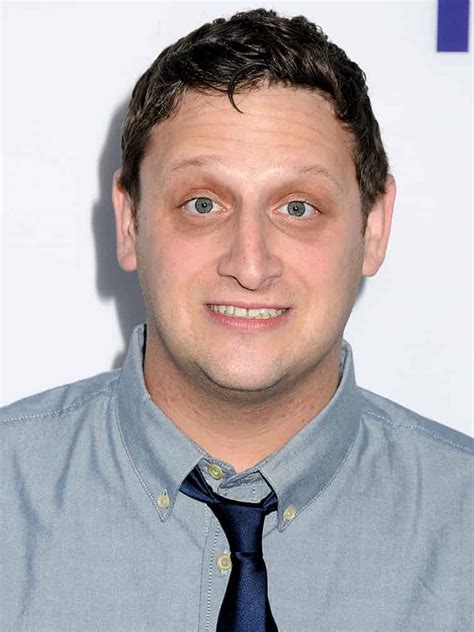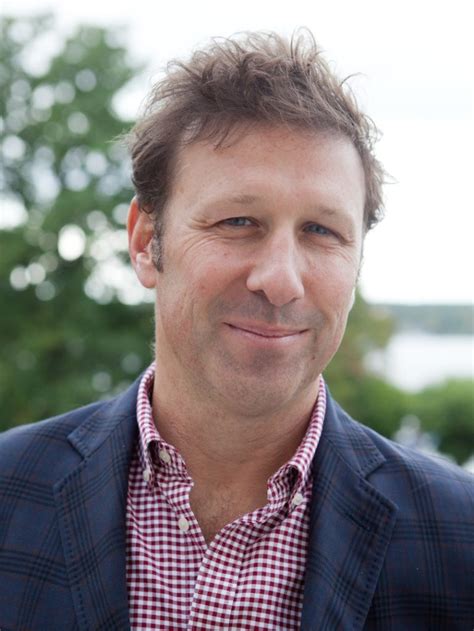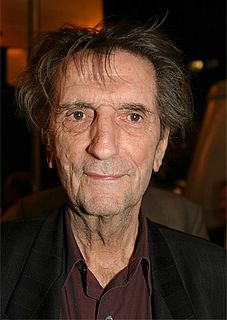A Quote by Toby Jones
I still don't feel I know Hitchcock at all. I find that the more one looks, the more elusive he becomes. But my admiration for Hitchcock the filmmaker remains undiminished. He is a giant of the cinema and the darkness in him informs his cinematic language. You can't separate one from the other.
Related Quotes
I studied Hitchcock and Josef von Sternberg under Richard Dillard at Hollins, and that year under his tutelage just completely rewired my brain. Both directors combine moral seriousness with great artistry and, certainly in Hitchcock's case, an enormous respect for plot, for its power to enthrall and delight.

































